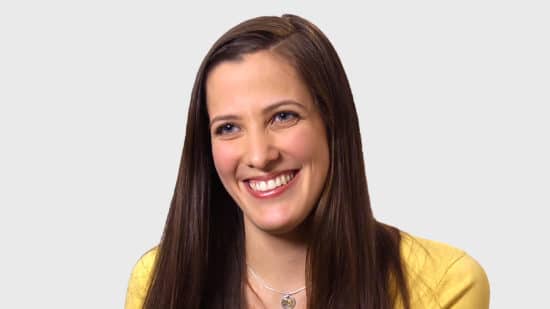Astronaut
What you need to know
An astronaut is a person trained to travel and work in space. Astronauts will continue to work aboard the International Space Station (ISS), and will also fly NASA’s new Orion deep space exploration vehicle. Orion will carry the crew to space, provide emergency abort capability, sustain the crew during the space travel, and provide safe re-entry from deep space return velocities.
The International Space Station, where astronauts currently work while in space, is 356 feet across and 290 feet long and weighs approximately 940,000 pounds. Six people can live on the ISS.
Some of the things an astronaut might do:
- Training to prepare for space travel and life aboard the ISS
- Plan and conduct scientific experiments that need to be performed in a microgravity environment
- Take part in medical experiments to determine how well their bodies are adjusting to living in microgravity for long periods of time.
- Ensuring the maintenance and health of the ISS by checking support systems and cleaning filters, and updating computer equipment.
- Conduct a spacewalk to repair and maintain the ISS
- Exercising an average of 2 hours a day is an important part of the daily routine for astronauts aboard the station to prevent bone and muscle loss
- Speaking to the public about their experience in space
Watch these astronauts share about their career.
- Analytical skills: Astronauts need to think logically in order to carry out scientific experiments and studies. They must be precise and accurate in their analyses because errors could invalidate their research.
- Communication skills: Astronauts must clearly communicate with other team members. As public figures, astronauts present their experiences, to the public, or to government and business leaders.
- Concentration. Astronauts must be extremely focused when executing tasks in space.
- Critical-thinking skills: Astronauts must carefully evaluate their own work and the work of others. They must determine whether results and conclusions are accurate and based on sound reasoning.
- Curiosity: Astronauts work in fields that are on the cutting edge of technology. They must be very keen to learn continuously throughout their careers in order to keep up with advances in a wide range of technical subjects.
- Decision-making skills. In an emergency, astronauts might be required to make split-second life or death decisions.
- Interpersonal skills: Astronauts must collaborate extensively with others and need to work well with others toward a common goal.
- Listening skills. Astronauts must listen to and analyze different approaches made by other experts to complete the task at hand.
- Math skills: Astronauts may have to perform complex calculations involving calculus, geometry, algebra, and other areas of math. They must express their research in mathematical terms.
- Mechanical skills. Mechanical skills allow astronauts to apply basic engineering concepts and mechanical processes to the operation and design of new devices and systems.
- Problem-solving skills: Astronauts use scientific observation and analysis, as well as creative thinking, to solve complex problems. Astronauts may need to redesign their approach and find a solution if something goes wrong.
- Self-discipline: Astronauts need self-discipline to work and live aboard the space station and accomplish their assigned tasks.
- Stamina. From launch to living aboard the space station to returning to earth, there are many physically demanding tasks required of an astronaut.
- Teamwork. One of the most critical skills needed in an astronaut is the ability to work well in a team.
Watch astronaut role model videos to learn about the skills you will need.
The average pay for NASA astronauts in the United States ranges from $104,898 to $161,141.
The specific pay depends on factors such as level of experience, education, and training.
NASA selects astronauts from a diverse pool of applicants with a wide variety of backgrounds. From the thousands of applications received, only a few are chosen for the intensive Astronaut Candidate training program. Including the “Original Seven”, only 338 astronauts have been selected to date.
To become an astronaut, applicants must first be selected for the astronaut candidate program. Among the eligibility requirements for program selection are U.S. citizenship; at least a bachelor’s degree in biological science, computer science, engineering, mathematics, or physical science; and at least 1,000 hours or 3 years of experience in piloting a jet aircraft. Eligible applicants are screened and interviewed, with a pool of highly qualified applicants undergoing additional interviews and activities at the Johnson Space Center prior to selection for the program.
The astronaut candidate program takes about 2 years to complete and includes training in areas such as military water survival, robotics skills, and space physiology and medicine. Candidates also spend time in simulation facilities to learn how to work in a space environment. Toward the end of their training, they prepare for their specific mission assignment.
Discover some of the courses you will take pursuing a degree in Biology, Computer Science, Aerospace Engineering, Mathematics, Physics, or Chemistry.
Watch these Astronaut role models videos to learn about their educational background.










